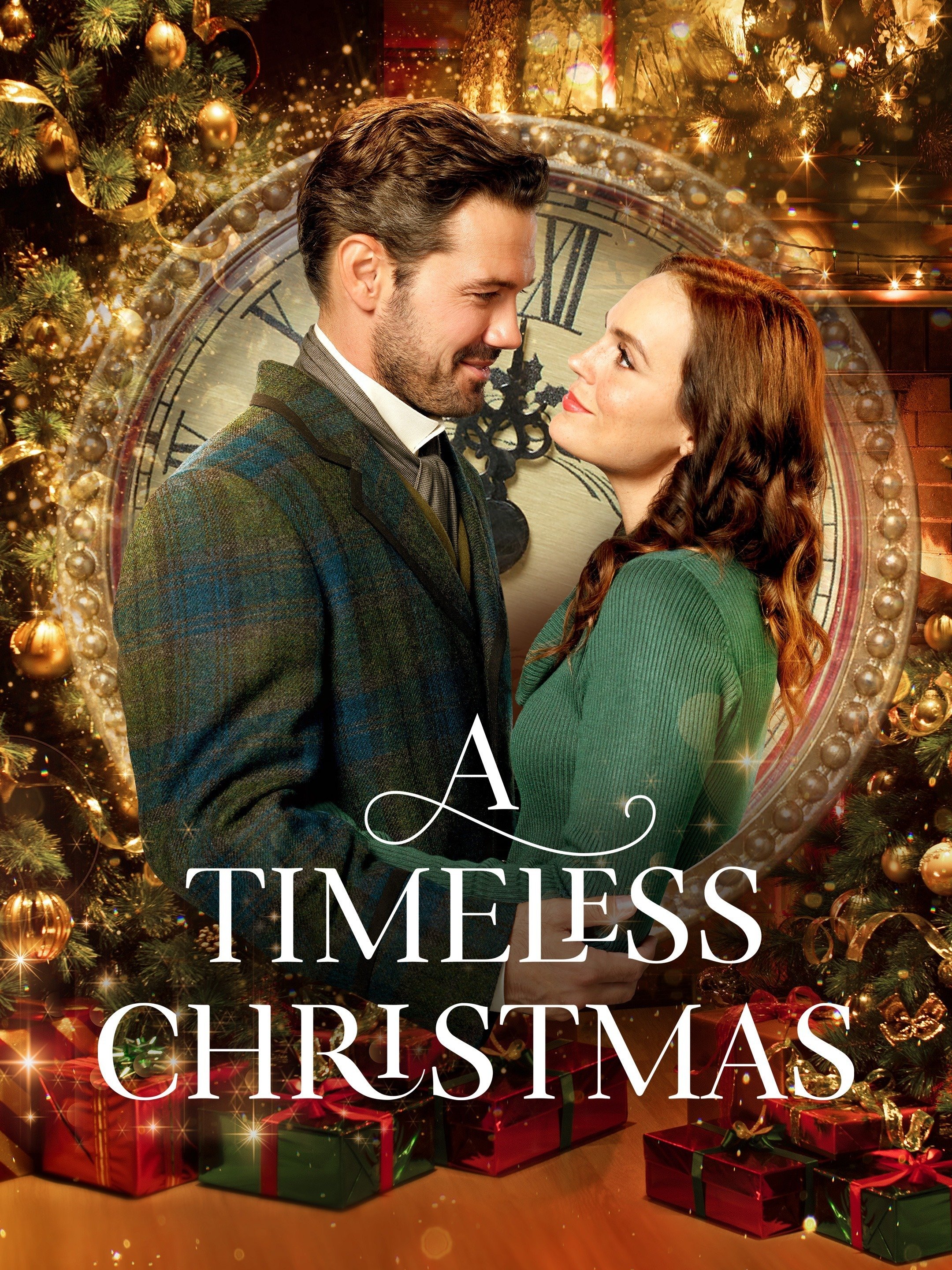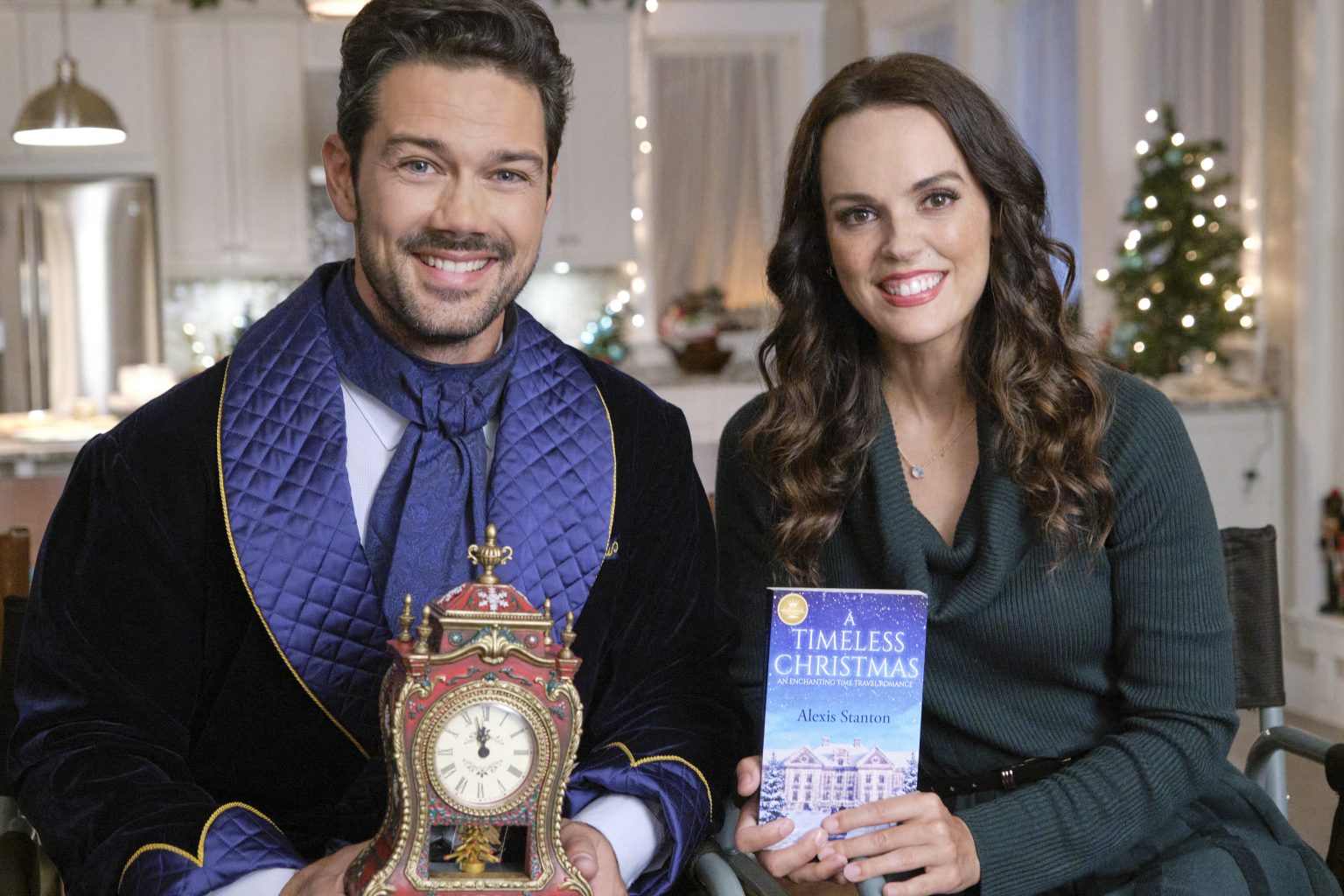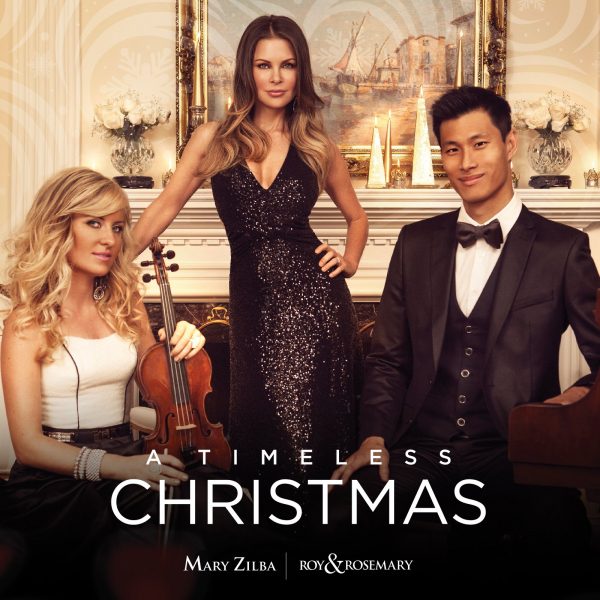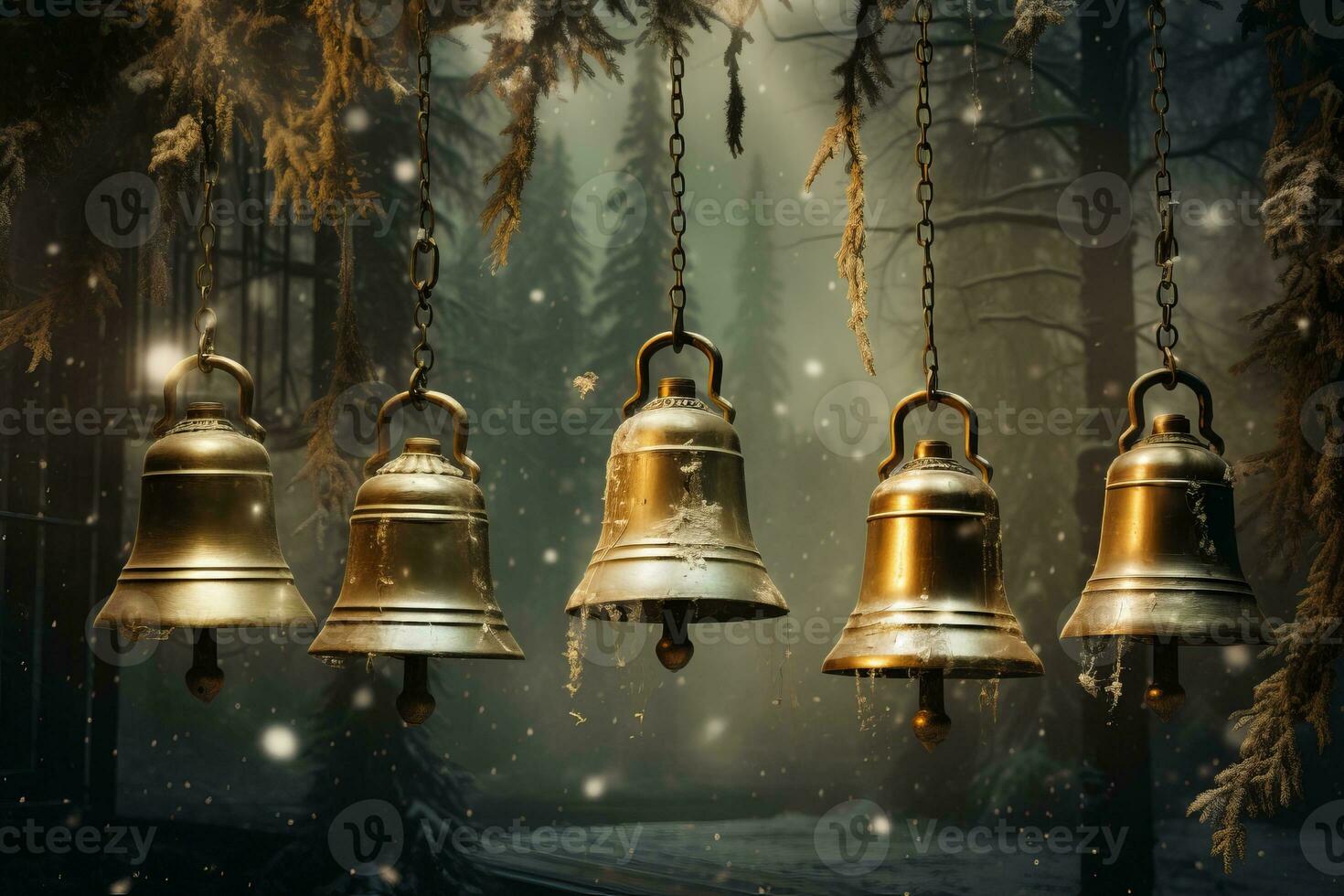Canon in D: A Timeless Christmas Melody Resonating Through the Ages
Related Articles: Canon in D: A Timeless Christmas Melody Resonating Through the Ages
- Black And Gold Christmas Ribbon: A Timeless And Sophisticated Holiday Decoration For 2024
- Christmas Wishes 2024: A Season Of Joy, Peace, And Love
- Best Christmas Songs Playlist For Kids On YouTube 2024
- The Ultimate Christmas Playlist For 2024: A Festive Symphony For The Holiday Season
- Business Christmas Greetings 2024: Expressing Gratitude And Spreading Holiday Cheer
Introduction
In this auspicious occasion, we are delighted to delve into the intriguing topic related to Canon in D: A Timeless Christmas Melody Resonating Through the Ages. Let’s weave interesting information and offer fresh perspectives to the readers.
Table of Content
Video about Canon in D: A Timeless Christmas Melody Resonating Through the Ages
Canon in D: A Timeless Christmas Melody Resonating Through the Ages

In the tapestry of Christmas music, few melodies evoke the spirit of the season as profoundly as Canon in D. This enchanting composition, originally written by Johann Pachelbel in the 17th century, has transcended time and culture to become an enduring symbol of the festive period. As we approach Christmas 2024, let us delve into the rich history, enduring legacy, and timeless appeal of this beloved Christmas carol.
A Baroque Masterpiece: The Genesis of Canon in D
Canon in D was composed by Johann Pachelbel, a renowned German Baroque composer, in 1680. It was originally written as a wedding piece, intended to accompany the ceremony of a wealthy merchant in Nuremberg. The composition is structured as a canon, a musical form characterized by the repetition of a melody at different intervals. In Canon in D, the melody is repeated in three voices, creating a rich and harmonious tapestry of sound.
A Timeless Appeal: The Enduring Legacy of Canon in D
Over the centuries, Canon in D has undergone numerous arrangements and adaptations, solidifying its place as a beloved Christmas carol. Its popularity can be attributed to several factors:
-
Simplicity and Elegance: The melody of Canon in D is deceptively simple, yet it possesses an undeniable elegance that captivates listeners. The repetitive nature of the canon creates a sense of familiarity and comfort, making it accessible to audiences of all ages and backgrounds.
-
Emotional Resonance: The slow tempo and gentle harmonies of Canon in D evoke a sense of peace, tranquility, and nostalgia. These qualities resonate deeply with the sentiments of the Christmas season, making it an ideal accompaniment to moments of reflection and celebration.
-
Versatility: Canon in D lends itself well to a wide range of arrangements, from traditional choral performances to instrumental renditions and even contemporary adaptations. This versatility has ensured its continued relevance in various musical genres and settings.
Canon in D: A Christmas Tradition
The association of Canon in D with Christmas is a relatively recent development. It was not until the 1970s that the carol began to be widely performed and recorded during the festive season. The popularity of the song during this period can be attributed to several factors, including:
-
The Rise of Christmas Albums: The 1970s saw a surge in the production of Christmas albums by popular artists, many of whom included Canon in D in their repertoires. This exposure introduced the carol to a wider audience and helped solidify its status as a Christmas classic.
-
Movie and Television Soundtracks: Canon in D has been featured prominently in numerous Christmas-themed movies and television shows, further increasing its visibility and appeal. The carol’s association with these festive productions has contributed to its enduring popularity.
-
Nostalgia and Sentimentality: Canon in D evokes a sense of nostalgia and sentimentality for many people, reminding them of childhood Christmas memories and cherished family traditions. This emotional connection has made the carol an integral part of the Christmas experience for generations.
Contemporary Adaptations: Canon in D Reimagined
In recent years, Canon in D has undergone a resurgence in popularity, thanks in part to contemporary adaptations that have introduced new interpretations of the classic melody. These adaptations range from electronic dance music remixes to jazz arrangements, showcasing the enduring appeal of the composition and its ability to transcend musical boundaries.
Canon in D: A Symbol of Unity and Peace
Beyond its musical beauty, Canon in D has also become a symbol of unity and peace during the Christmas season. The repetitive nature of the melody, with its overlapping voices, creates a sense of interconnectedness and harmony. This symbolism has made the carol a popular choice for performances at interfaith gatherings and other events that promote peace and goodwill.
Conclusion: A Timeless Christmas Treasure
As we approach Christmas 2024, Canon in D will undoubtedly continue to resonate through homes, churches, and concert halls around the world. This timeless melody has become an integral part of the Christmas tradition, evoking a sense of peace, joy, and nostalgia. Whether performed in its original form or through contemporary adaptations, Canon in D will forever remain a cherished symbol of the Christmas season, reminding us of the enduring power of music to bring people together and celebrate the spirit of the holidays.








Closure
Thus, we hope this article has provided valuable insights into Canon in D: A Timeless Christmas Melody Resonating Through the Ages. We hope you find this article informative and beneficial. See you in our next article!